Alright – so today we’ve got the honor of introducing you to Ross Przybylski. We think you’ll enjoy our conversation, we’ve shared it below.
Ross, thanks for joining us, excited to have you contributing your stories and insights. We love asking folks what they would do differently if they were starting today – how they would speed up the process, etc. We’d love to hear how you would set everything up if you were to start from step 1 today
If I could go back and do things differently, I would spend less of my time seeking publishers, funding and marketing opportunities, and more time getting my game released to market for sale. I’m not suggesting these things aren’t important – marketing is absolutely essential – but I think the degree to which I focused and stressed about these activities yielded less impact than the key activities I’ve found drive the most success: releasing a game (and updates) at frequent and regular cadences, participating in Steam festivals, and having key content creators in your genre play your game.
I’m very much of a perfectionist, and I wanted to release the best possible game that I could. But, in the six years I spent perfecting Abalon prior to the EA release, I missed years of potential revenue I could have had getting to market sooner. Each new feature I added prior to the initial release could have been updates or (perhaps better) new releases entirely. Delaying the game’s launch also built up my expectations and uncertainty, adding unnecessary stress, doubts and anxiety to the creative process. In the end, I’m pleased with how things turned out, but I’m learning how perfectionism has its drawbacks – and I’m striving to iterate and release faster.
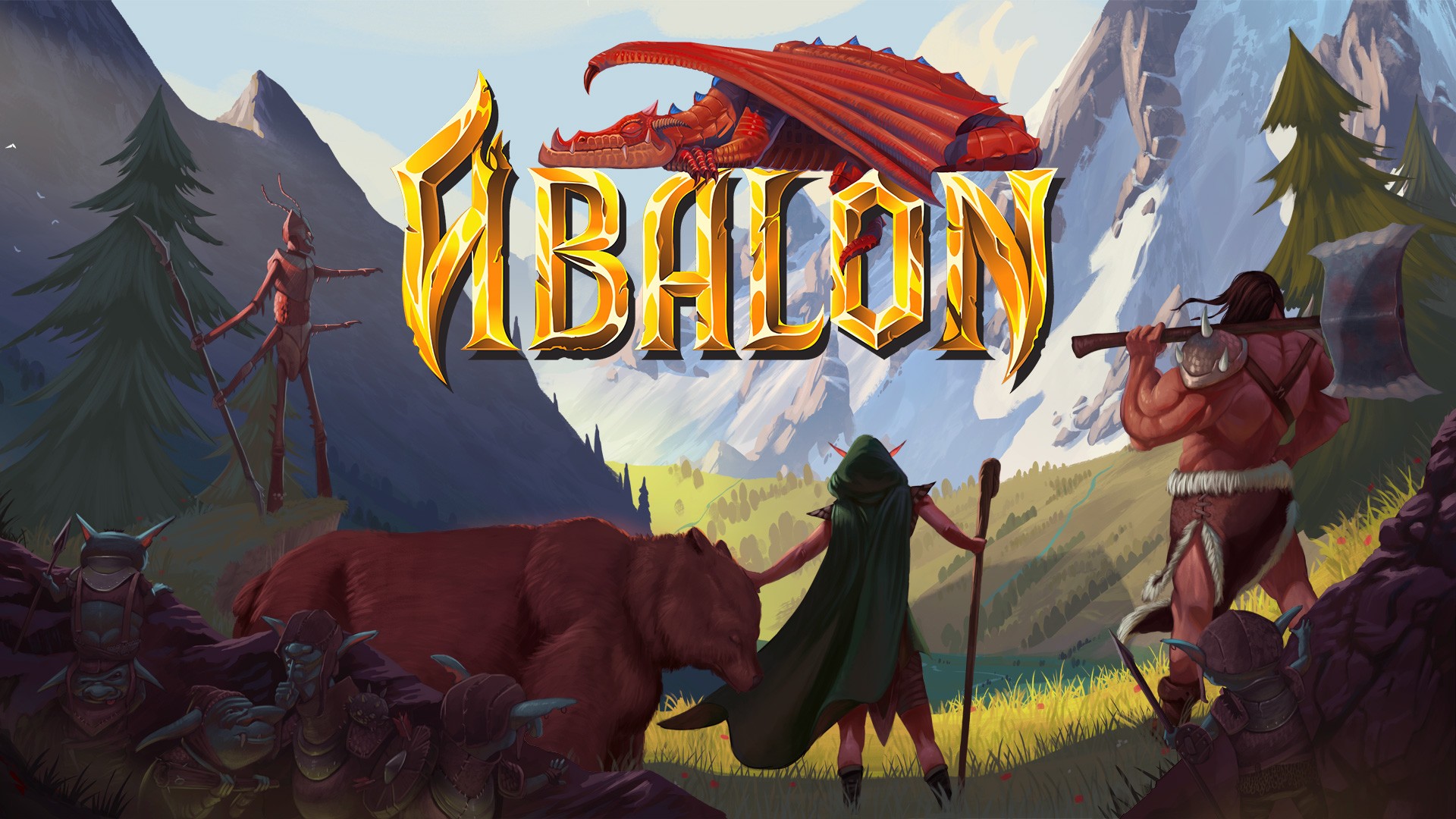
Ross, love having you share your insights with us. Before we ask you more questions, maybe you can take a moment to introduce yourself to our readers who might have missed our earlier conversations?
I’m Ross Przybylski, an indie game developer and the founder of D20Studios. I got started in the games industry in 2006 designing a board game for my friends and I to enjoy on our weekly game nights. My objective was to combine the mechanics of our favorite tabletop games, like Warhammer, Hero Quest, D&D with the strategy and deck building of card games like Magic the Gathering. After failing to find a publisher willing to produce it, my close friend encouraged me to program it myself as an online game. This led to the creation of Hero Mages, the first cross-platform multiplayer tactical card game, and my career path becoming a producer for Electronic Arts in 2012 and a full-time indie game developer in 2016. Earlier this year, I released our second game, Abalon, a roguelike deck building adventure, to 1.0 on Steam and I’m planning additional releases to mobile in 2024 as well as new Abalon titles in the series, including Abalon Arena, a cooperative turn-based tactical card game.
What I love most about making games is how my work brings people from all over the world together to share in an experience – a meeting of the minds – where your wits and creativity can be expressed and appreciated in your play style.
As a game development studio, we’re committed to a philosophy of community driven development. This means our players are directly involved in the design process and help influence new features, characters, cards and other ideas. I feel this collaboration ensures that our games and communities grow in a positive direction and create the best possible experiences.
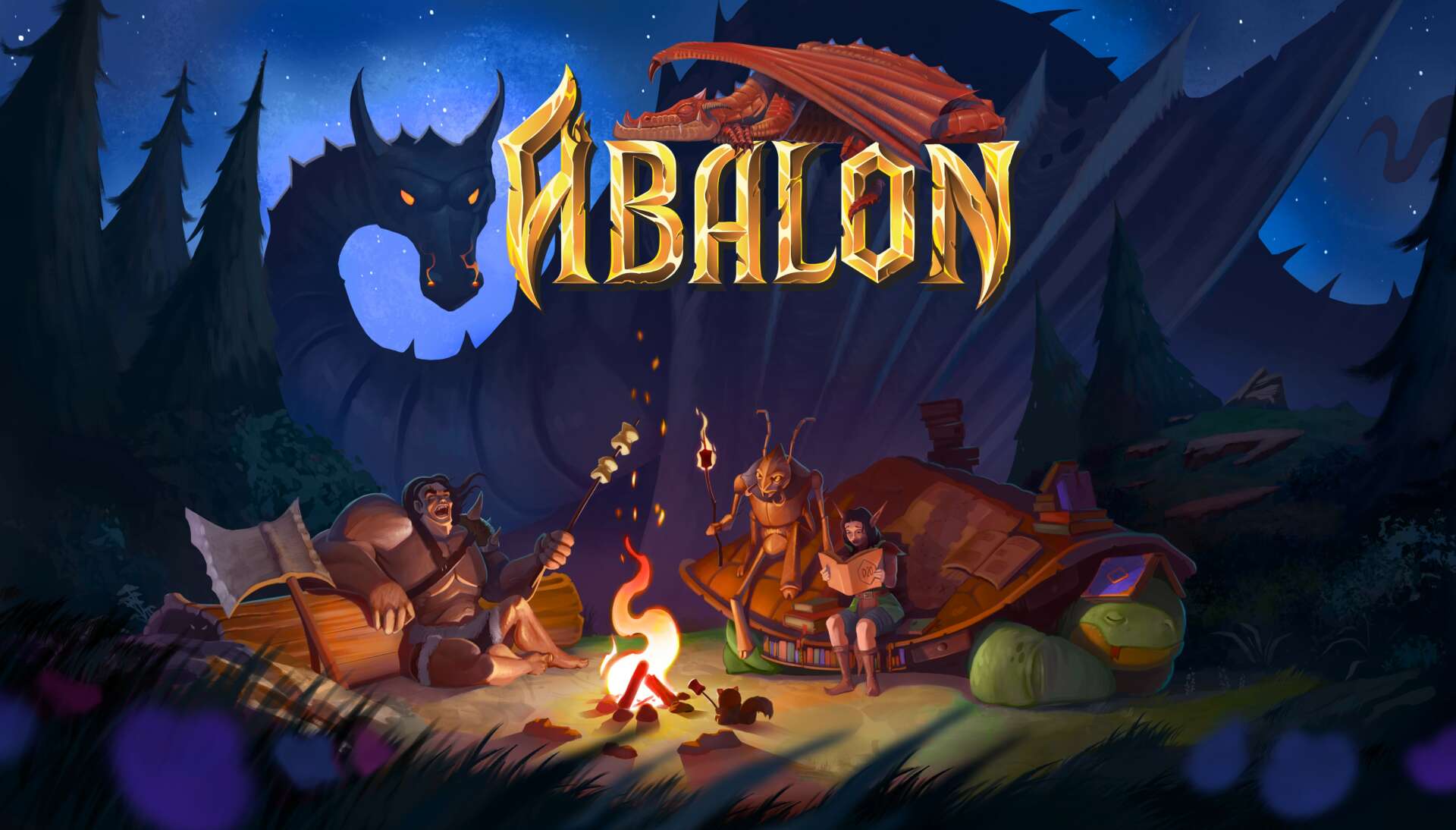
Can you open up about how you funded your business?
If your dream is to start a business, the biggest challenge you face isn’t how you’re going to get funded: it’s what are you willing to sacrifice to make the realization of your dream your top priority? And do you have the support of the people who are closest to you?
I moonlighted the development of my first game while still working a fulltime job. But the story of my second game, Abalon (formerly called Summoners Fate), is a lot more interesting. I had a successful funding campaign on Kickstarter; however, the $11K raised was only a fraction of the total out-of-pocket development cost, and it didn’t account for any of my own salary and family living expenses. When I started working on this project full-time in 2016, I had my wife, my two kids, my team and myself to support. So, how did I pull this off?
I committed myself to saving money from my first game and while working at EA. One of the smartest investments I ever made was purchasing company stock as part of my regular paycheck deductions, which by the end of a four career had saved over a year of salary. I also hit the jackpot of having an amazing wife who agreed to support me in a lifestyle of strict financial discipline so that I could produce the game. This meant things like no destination vacations, no new cars, no home remodels, no streaming subscriptions, no unnecessary purchases, 80 hour work weeks and a lot of other sacrifices. The two of us worked together on the game, cared for our kids and stretched ourselves for over two years, at which point, Kelly decided to take a full-time job while I continued to finish the project.
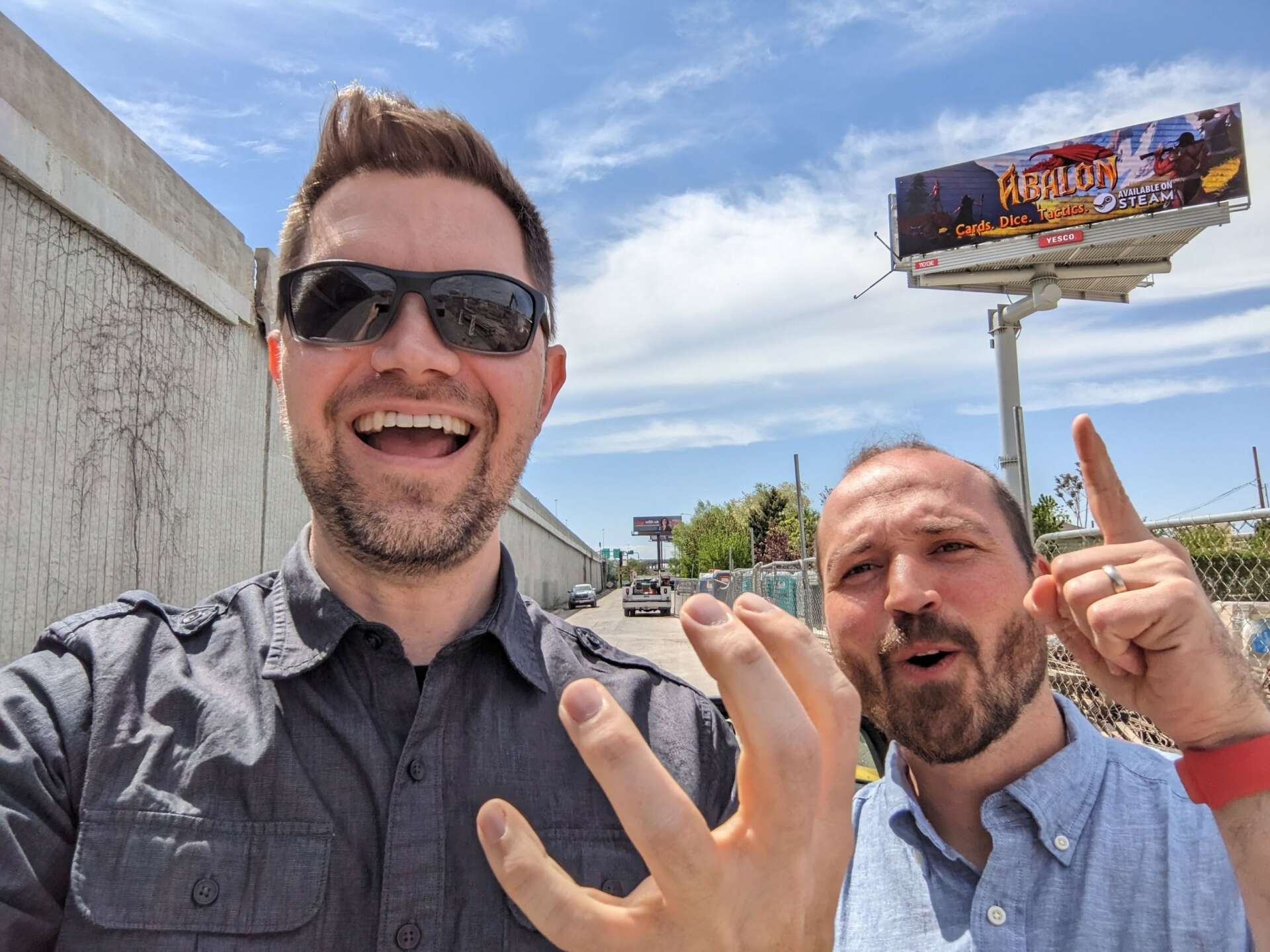

Any stories or insights that might help us understand how you’ve built such a strong reputation?
Passion, honesty, sincerity, persistence and follow-through. With thousands of new games released every week, and thousands more announced and never finished, trust is not easily earned in the gamer community.
I put myself out there. A lot. In the beginning, introducing myself and my project on social media and to various online communities, I was met with a fair share of ridicule, taunting, and most common, general disregard. But, we stuck with it, found our voice and our audience. Kelly, my wife, engaged our audience early on by presenting our work-in-progress, giving our community opportunities to name characters, choose art styles – we even had our thematic trailer sound decided in a community-voted music competition.
When I fail to deliver a promised update on time, I apologize for it, provide my community with context, and then follow-through to deliver that update in the future.
When engaging in critical feedback, such as game reviews, I always seek to acknowledge and understand our players’ concerns by asking questions and providing context for the game’s design as it relates to their feedback. I believe having this opportunity for the customer to be truly heard with a deep, thoughtfully written and personal response is important, and our players have expressed their appreciation for taking the time to make a connection with them.
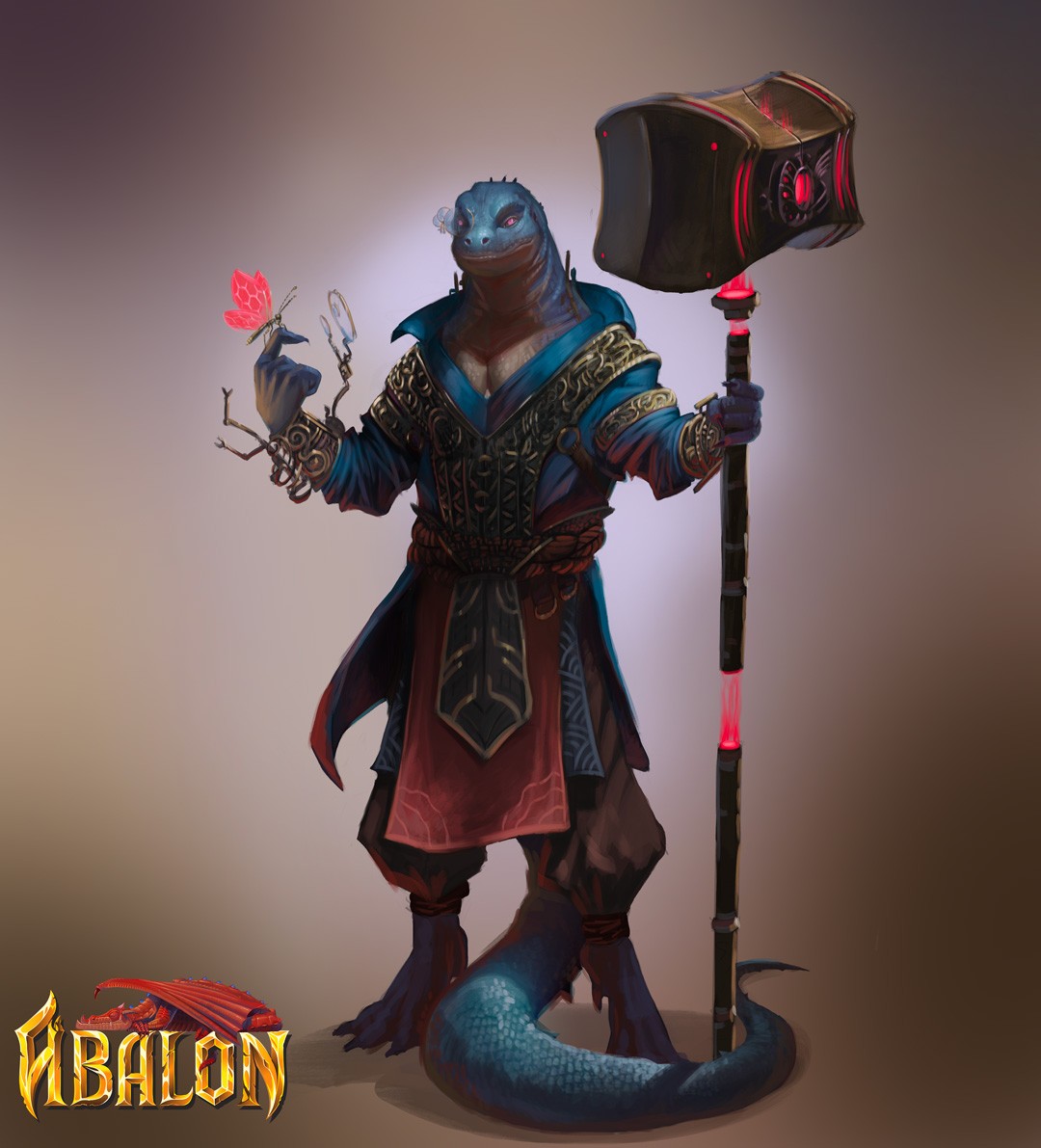
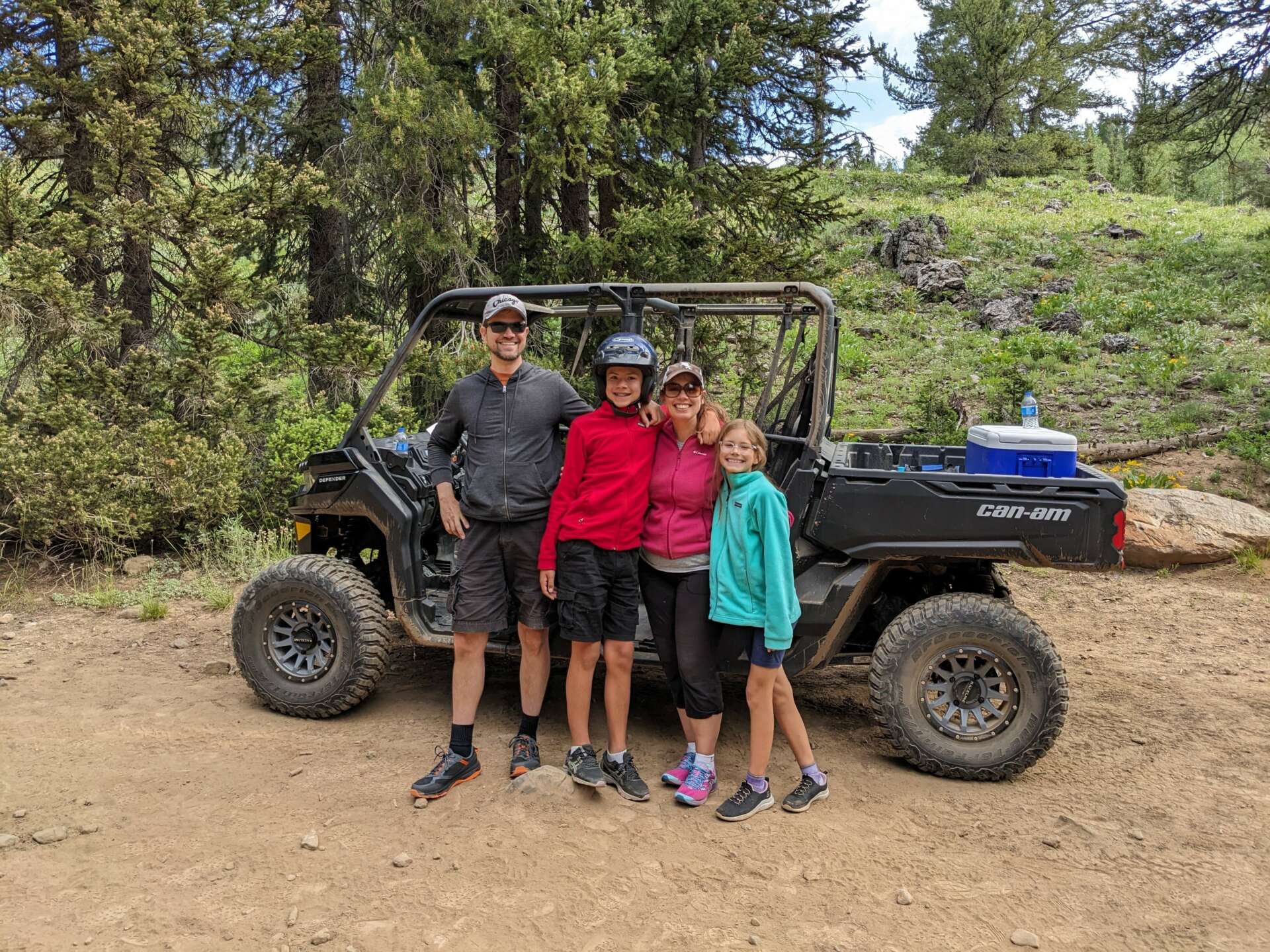
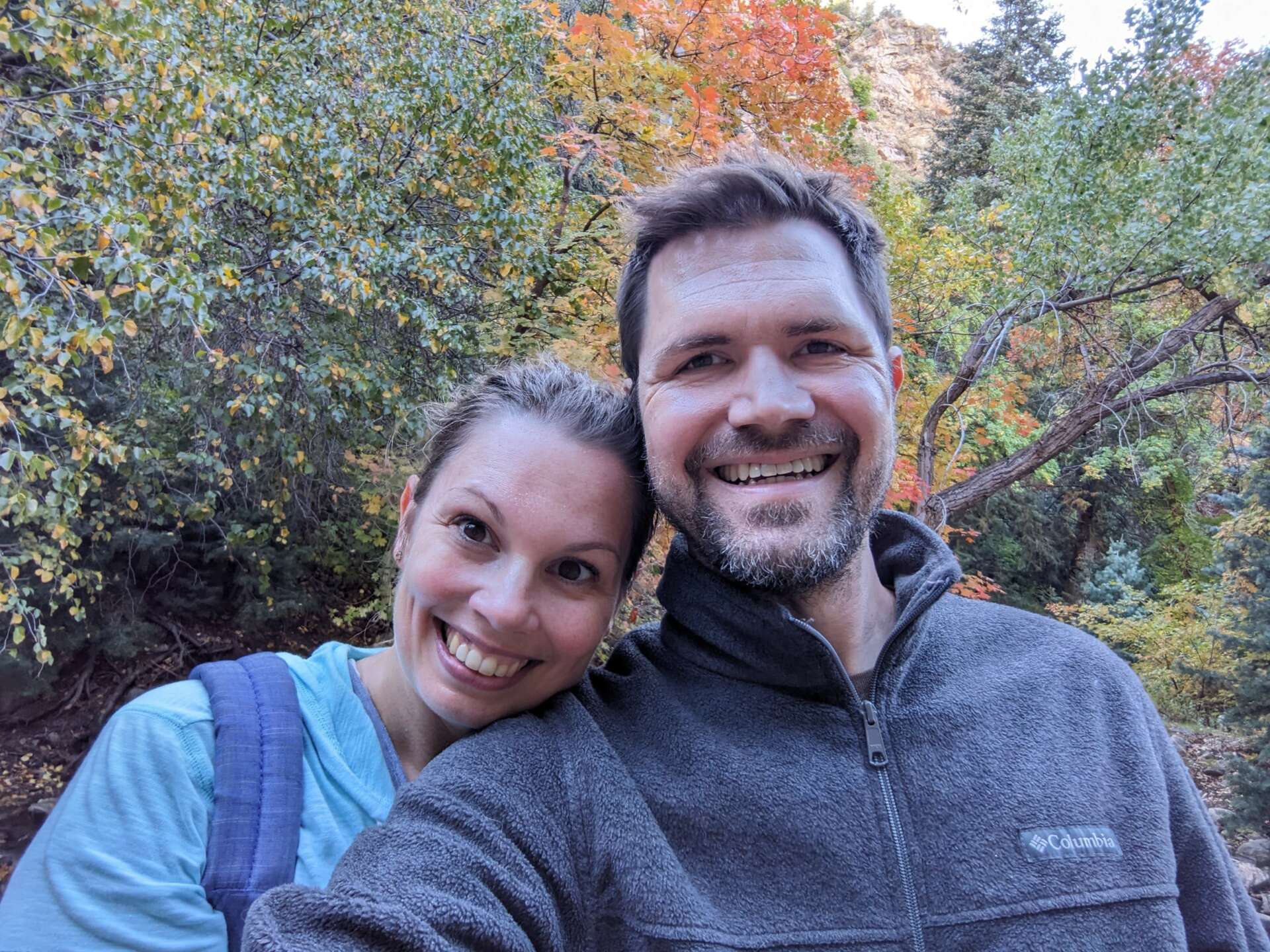
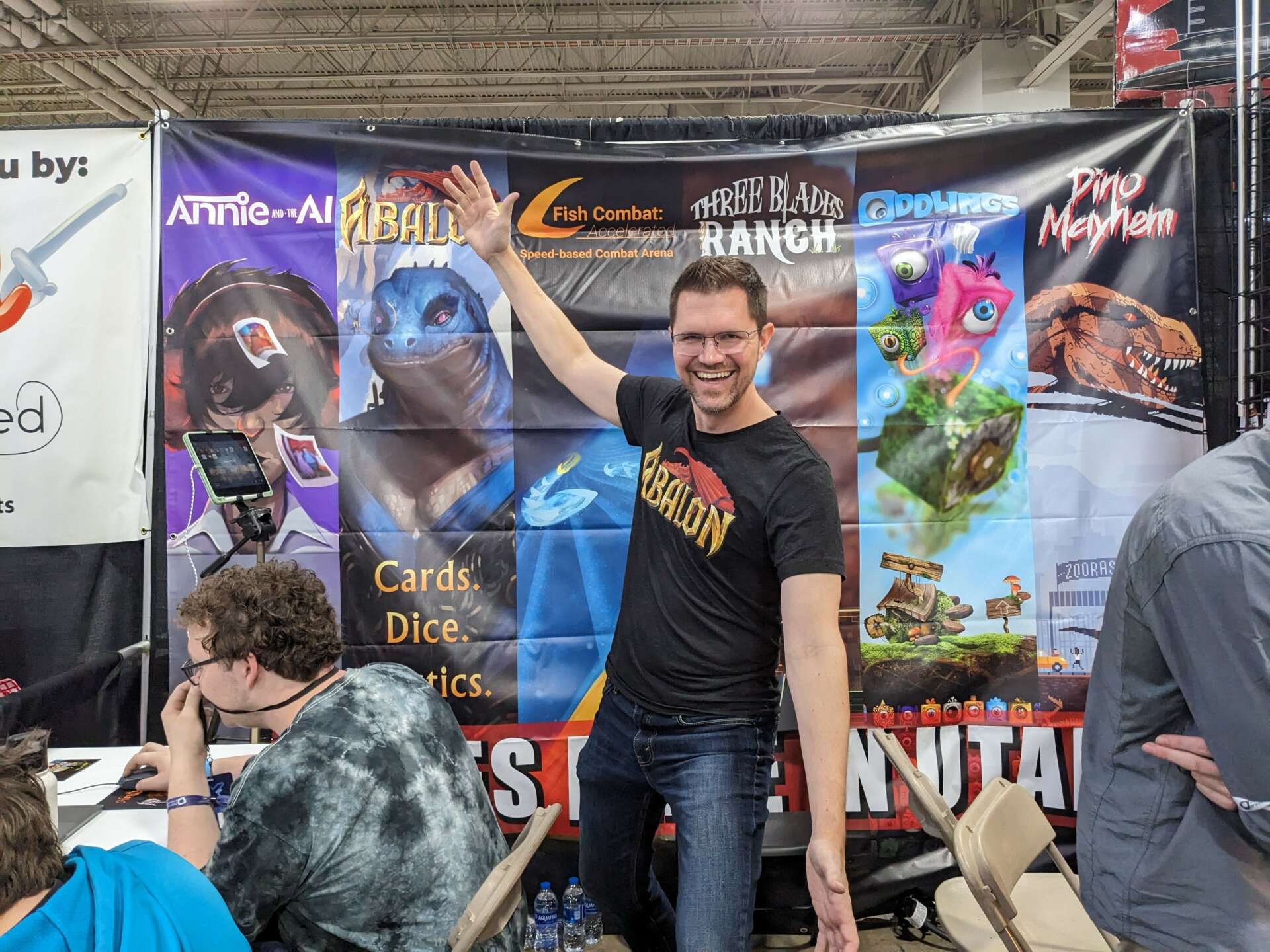
Contact Info:
- Website: https://d20studios.com
- Instagram: https://www.instagram.com/d20studios
- Facebook: https://www.facebook.com/d20studios/
- Linkedin: https://www.linkedin.com/in/ross-przybylski-98b90a45/
- Twitter: https://twitter.com/d20studio
- Youtube: https://www.youtube.com/@GameDevChats
- Other: https://store.steampowered.com/app/1681840/Abalon


